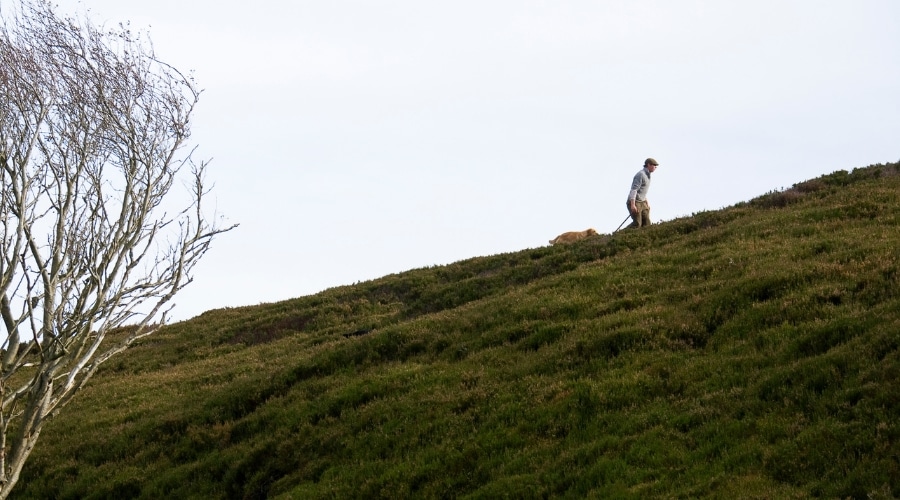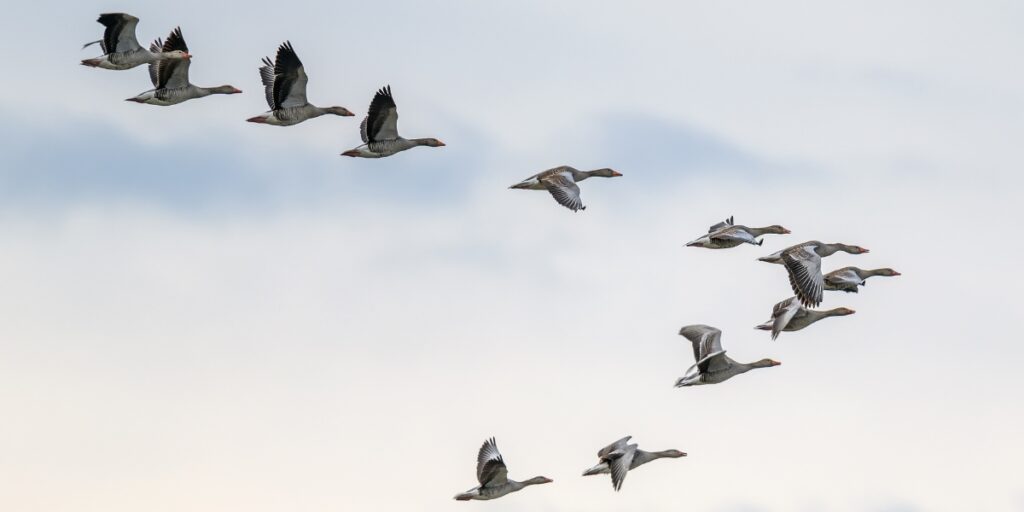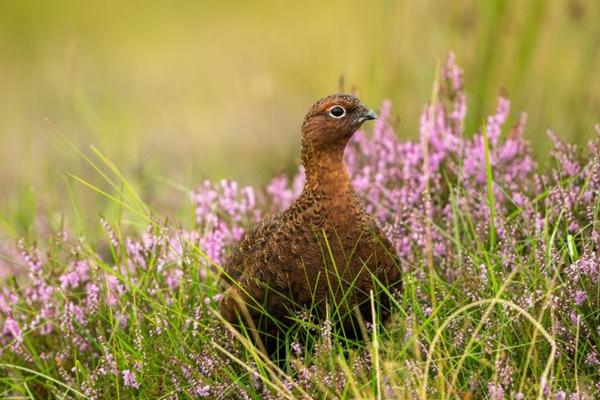
Ambassadors for shooting
On the opening day of the pheasant season, BASC is compelling everyone to play their part in protecting the future of shooting.
Get information on the legal shooting season for mammals and birds in the UK.
Apply for funding for your project or make a donation today
Comprehensive information and advice from our specialist firearms team.
Everything you need to know about shotgun, rifle and airgun ammunition.
Find our up-to-date information, advice and links to government resources.
Everything you need to know on firearms law and licensing.
All the latest news and advice on general licences and how they affect you.

We are all in this climate emergency together, and the skills of upland gamekeepers should be held in high regard, says BASC’s Gareth Dockerty.
Decades of industrial pollution and agricultural intensification have left our peatlands as a major source of greenhouse gas emissions. Restoring these globally designated habitats can reduce emissions significantly, aiding the battle against climate change.
In May 2021 the UK government published the England Peat Action Plan, which outlined its long-term vision for the management, protection and restoration of our peatlands. It was made very clear that healthy peatlands are a key part of achieving net zero targets. Subsequently, through the government’s Nature for Climate Fund, it has pledged £50million to restore 35,000ha of peatland by 2025.
The government admits it needs to scale up to hit its target, and with the peatland restoration organisations already pushed to the brim, it is imperative that the solutions are widened. With the second round of bidding for the fund due to open in April this year, options need to be opened up to include utilising individuals and businesses already on the ground and in place.
BASC is more than aware of the multifaceted skills of the modern upland gamekeeper; they are conservationists, habitat managers and wildfire wardens amongst other roles.
They already work with local contractors, and many have been restoring peatlands for decades through private investment. So, the infrastructure and knowledge are largely in place.
To further succeed, the government needs to open up, and support landowners to apply for, restoration and machinery grants. In many cases the work will not require a specialist team. It can be delivered at scale by those living within rural communities, with training provided to the existing rural workforce, including gamekeepers.
In the medium and long-term, peatland restoration will no doubt be viewed as a viable and exciting career, hopefully with bespoke qualifications and a stream of talented people training in this area. This should be being prioritised, like the recently opened Forestry Training Fund that offered grants of up to £3,000 for upskilling and changes of vocation.
The shooting community is on hand to help and has the skills to deliver at the local level. We just need effective and streamlined support that can deliver results.
We are all in this climate emergency together and the more we understand this the more practical restoration work will be undertaken and the better the outlook will be – particularly in terms of turning the tide on climate change and continuing to invest in local communities.
This article first appeared in The Yorkshire Post.

On the opening day of the pheasant season, BASC is compelling everyone to play their part in protecting the future of shooting.

Understanding the established global routes followed by migratory birds is key to ensuring the future of sustainable wildfowling.

Angus SNP MP Dave Doogan visited an estate within the glens of his constituency ahead of the start of the grouse season.
We use cookies to improve your experience on our site. By using our site, you consent to cookies.
Manage your cookie preferences below:
Essential cookies enable basic functions and are necessary for the proper function of the website.
These cookies are needed for adding comments on this website.
Google reCAPTCHA helps protect websites from spam and abuse by verifying user interactions through challenges.
Google Tag Manager simplifies the management of marketing tags on your website without code changes.
Statistics cookies collect information anonymously. This information helps us understand how visitors use our website.
Clarity is a web analytics service that tracks and reports website traffic.
Service URL: clarity.microsoft.com (opens in a new window)
You can find more information in our Cookie Policy and .